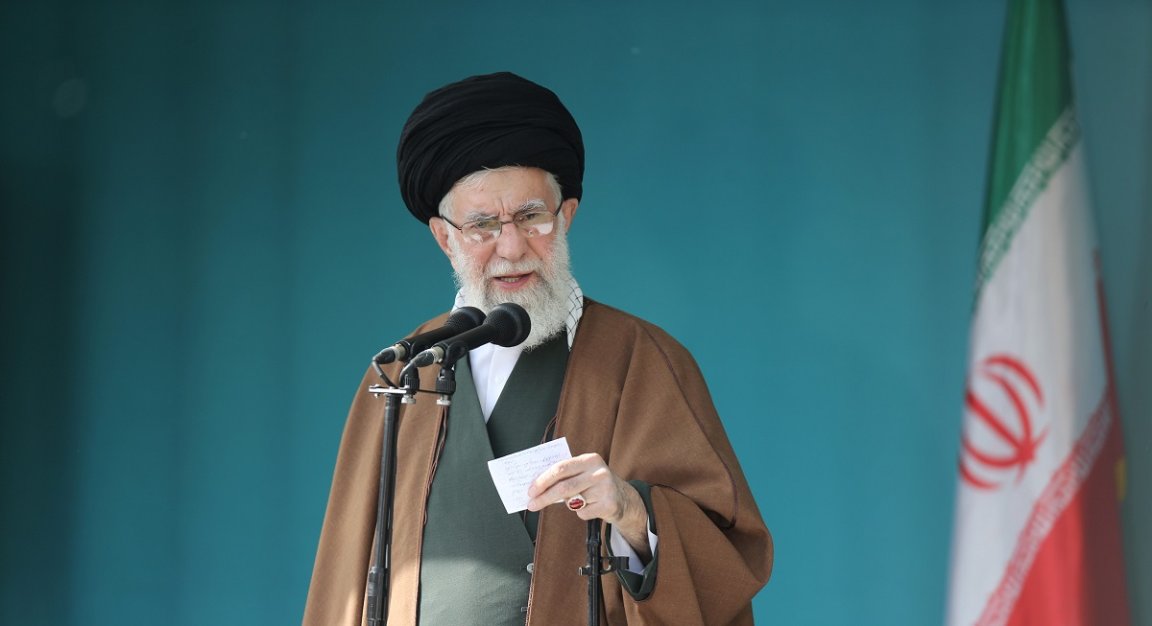
Looking Backward
Government officials in Iran are looking to modernize — by using artificial intelligence to help clerics issue fatwas, or Islamic law rulings, at unprecedented speed.
As the Financial Times reports, state-linked officials in the theocracy’s holy city of Qom are encouraging clerics to experiment with AI in an attempt to appear more progressive as the country marks the one-year anniversary of explosive protests following the death of Mahsa Amini, a young woman who was killed in police custody for allegedly wearing her headscarf wrong.
“Robots can’t replace senior clerics,” said Mohammad Ghotbi, the leader of a state-affiliated tech incubator in Qom, “but they can be a trusted assistant that can help them issue a fatwa in five hours instead of 50 days.”
While most Shia clerics spend weeks or months poring over Islamic texts, Ghotbi and his allied ayatollahs suggest that AI could speed up both the research and the public release of fatwas, which traditionally are issued on everything from patriotism to personal hygiene — but have, over the past few decades, often been issued in protest of Western cultural subjects, such as the infamous one against the novelist Salman Rushdie.
“The seminary must get involved in using modern, progressive technology and artificial intelligence,” Ayatollah Alireza Arafi, a member of Iran’s powerful Guardian Council and its Assembly of Experts, told the FT in July. “We have to enter into this field to promote Islamic [civilization].”
AI Figureheads
Indeed, the FT reports that Qom’s leading AI research center, the Noor Computer Centre for Islamic Sciences Research, is affiliated with the holy city’s century-old seminary and has access to its ancient religious texts that could be fed into algorithms.
Iran’s supreme leader Ayatollah Ali Khamenei seems to be on board with the clerical AI push and, as quoted by FT, said back in June that he wants Iran to be “at least among the top-10 countries in the world in terms of artificial intelligence,” though he cautioned that it must, like everything else, be done within the country’s narrow interpretation of Islam.
“The tools change,” the supreme leader said. “What doesn’t change are the goals.”
Ghotbi seemed to echo that sentiment, saying that the plan’s proponents are “working on [localizing] the use of technology because our cultural values differ” from the secular views of the West.
Speaking of the West, responses to the AI fatwa proposition on the site formerly known as Twitter are as glib as one would expect. One user joked that the potential religious AI would operate as “mullah robots” while an AI academic quipped that it might be the next big thing since the Pope’s “AI-generated [Balenciaga] jacket.”
Jokes aside, the concept of an AI assistant combing through religious texts on behalf of clergy is undeniably fascinating — although the political push behind it is as regressive as the country’s leadership.
More on religious AI: Texas Pastor Defends Using ChatGPT to Write “Shotgun Sermon”